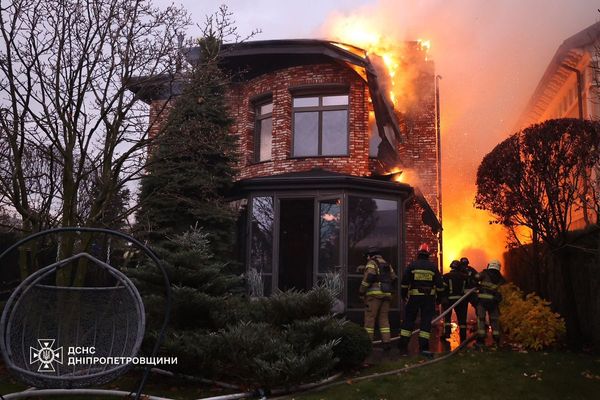If you think the S&P 500's 10.8% drop from its high hurts, just wait until a recession starts. There's much more pain coming if that happens, according to an influential analyst's calculation.
Calling recessions is tricky — but the S&P 500 is a decent early warning system. And new math from DataTrek Research co-founder Nicholas Colas show S&P 500 investors aren't pricing in a recession just yet. That means massive selling is likely when an economic contraction does arrive. How much of a drop are we talking about? Based on an analysis of earnings drops in past recessions, DataTrek says the S&P 500 would tumble more than 28% to fully reflect a correction.
DataTrek isn't forecasting a recession is around the corner. It's just pointing out the market isn't trading like one is near, yet. But if that changes, don't think the bottom is in for the S&P 500. That's why it's important to stick with time-tested rules during volatile markets.
"Even with the S&P 500's 11% decline year to date, we are still far from discounting a US/global recession and the average decline in earnings associated with those events," Colas said.
Pricing In An S&P 500 Recession
How do you calculate if a recession is priced into the S&P 500? Or how much stocks would drop if there was one? It's based on a look at S&P 500 earnings.
S&P 500 earnings dropped an average of 30% during the past five profit recessions since 1989, Colas says. Four of those drops were due to recessions. What's that mean for today's S&P 500? Companies in the index just put up fourth-quarter profit of $55 a share. That's equal to $220 a year in "peak" earnings power, Colas said.
That means if a recession hits, S&P 500 profit would likely fall 30% to $154 a share. That's exactly what the S&P 500 earned in 2019, when the S&P 500 traded for 3,000 by mid-year. That gives you a reasonable market multiple of 19.5 times. And if investors are only willing to pay around 20 times earnings in a recession, that knocks the S&P 500 down to 3,080, or a 28% drop, Colas says.
"We're not calling for the S&P to drop to 3,080. The point here is to show that for all the volatility in recent weeks, U.S. large caps still expect 2022 to turn out well," he said.
It's Not A Recession Yet!
Pain points are adding up. The S&P 500 is in a correction. The Nasdaq 100 is flirting with a bear market and is down 15.8% this year. Analysts, too, are cutting back profit forecasts for 2022. Profit growth is likely to dramatically slow in 2022. Inflation is out of control. Rates are likely to rise. And the last recession ended in 2009, perhaps indicating the current economic cycle is long in the tooth.
But it's still too soon to call for a recession now.
Companies in the S&P 500 are still expected to grow this year. Analysts think S&P 500 company's profit will rise 8.6% in 2022, says John Butters of FactSet. That's down from 47.7% growth in 2021, but still higher on a year-over-year basis. And S&P 500 revenue is projected to rise 10.4% this year. And here's an interesting twist: The S&P 500 actually gained 2% during the past 12 recessions, says Sam Stovall, strategist at CFRA.
Just know, stocks are down, but recession is likely not baked in yet.
How The S&P 500 Fares In Recessions
Past recessions since World War II
| Start | End | S&P 500 % ch. |
|---|---|---|
| 2/28/1945 | 10/31/1945 | 16.4% |
| 11/30/1948 | 10/31/1949 | 8.7 |
| 7/31/1953 | 5/31/1954 | 17.9 |
| 8/31/1957 | 4/30/1958 | -3.9 |
| 4/30/1960 | 2/28/1961 | 16.7 |
| 12/31/1969 | 11/30/1970 | -5.3 |
| 11/30/1973 | 3/31/1975 | -13.1 |
| 1/31/1980 | 7/31/1980 | 5.7 |
| 7/31/1981 | 11/30/1982 | 5.8 |
| 7/31/1990 | 3/31/1991 | 5.4 |
| 3/31/2001 | 11/30/2001 | -1.8 |
| 12/31/2007 | 9/30/2009 | -28.0 |
| Average | 2.0% |







